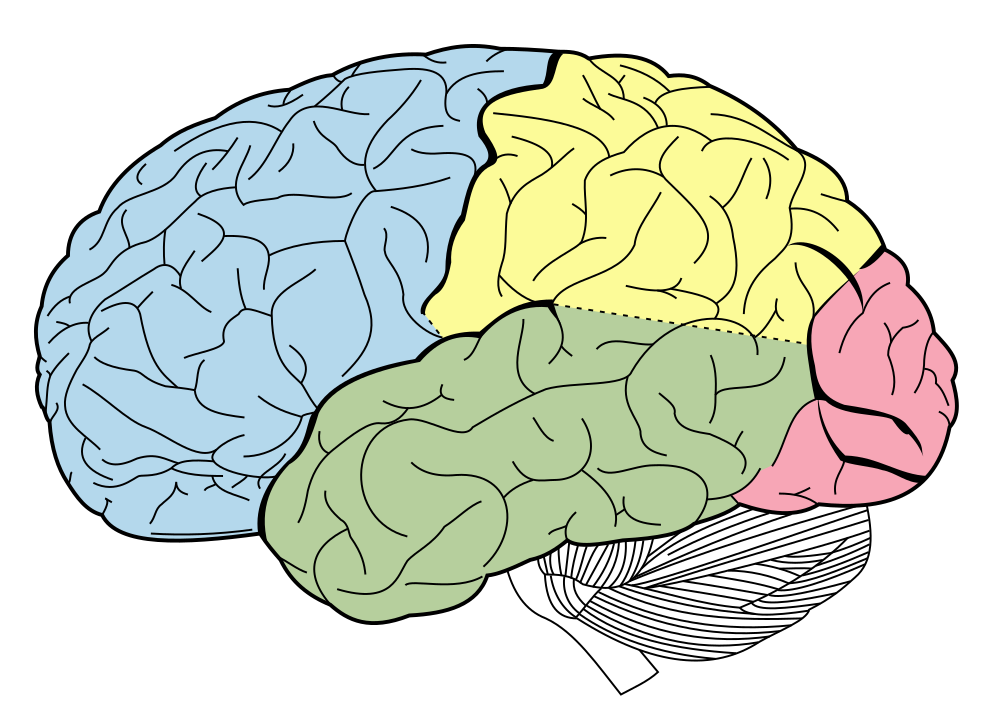Last month marked the 400th anniversary of the birth of John Graunt, commonly regarded as the father of epidemiology. His major published work, Natural and Political Observations Made upon the Bills of Mortality, called attention to the death statistics published weekly in London beginning in the late 16th century. Graunt was skeptical of how causes of death were ascribed, especially in times of plagues. Evidently, 400 years of scientific advances have done little to lessen his doubts!
A few days ago, Fox News reported that Colorado governor Jared Polis had “pushed back against recent coronavirus death counts, including those conducted by the Centers for Disease Control and Prevention.” The Centennial State had previously reported a COVID death count of 1,150 but then revised that number down to 878. That is but one of many reports raising questions about what counts as a COVID case or a COVID death. Beyond the raw numbers, many controversies also rage about derivative statistics such as “case fatality rates” and “infection fatality rates,” not just among the general public but between academics as well.
Of course, a large part of the wrangling is due not only to our unfamiliarity with this new disease but also to profound disagreements about how epidemics should be confronted. I don’t want to get into the weeds of those disputes here. Instead, I’d like to call attention to another problem, namely, the somewhat confused way in which we think about medical diagnosis in general, not just COVID diagnoses.Continue reading “What’s a diagnosis about? COVID-19 and beyond”








